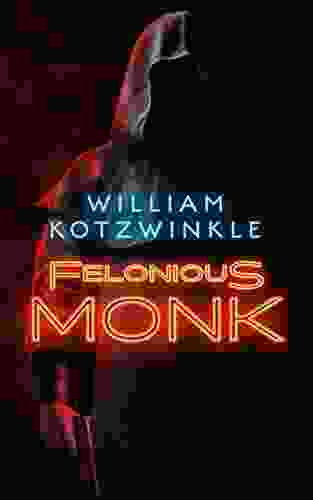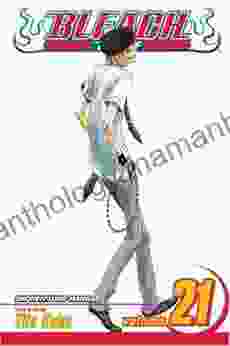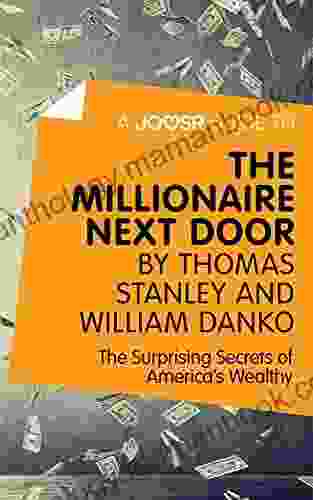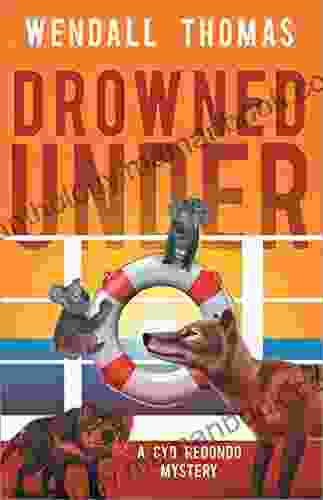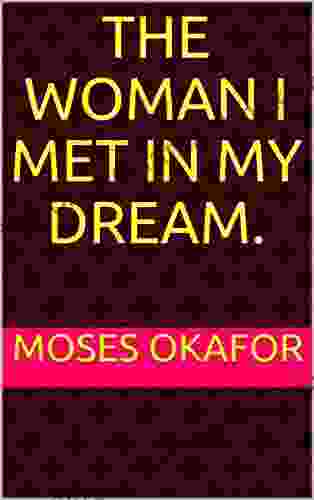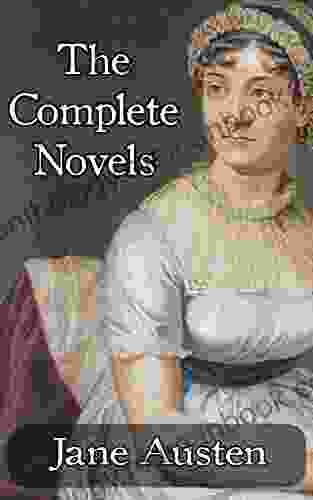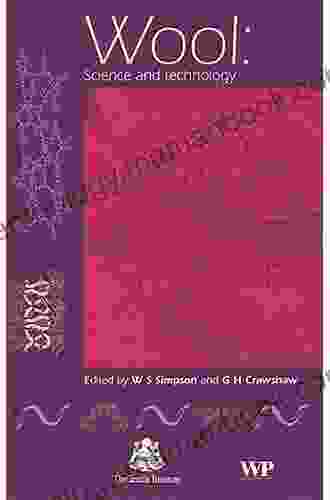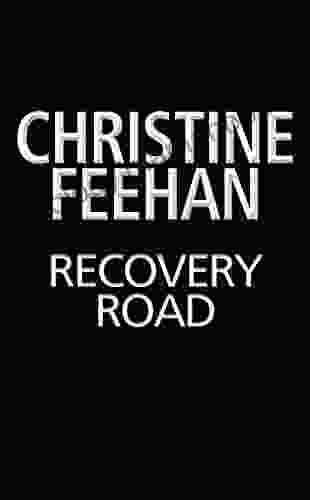In the annals of American literature, the name William Kotzwinkle stands as an enigmatic beacon, illuminating the fringes of counterculture and spirituality. A literary hermit, a felonious monk, a weaver of whimsical and profound tales, Kotzwinkle's life and work have left an indelible mark on the landscape of American consciousness.
From Bohemian Roots to Literary Escapades
Born in Scranton, Pennsylvania, in 1938, William Kotzwinkle's early years were steeped in the bohemian spirit of the 1950s. Immersed in the world of jazz and beatnik culture, he embarked on a nomadic literary journey, writing poetry, short stories, and novels that defied categorization.
In the 1960s, Kotzwinkle's writing began to gain recognition for its unique blend of surrealism, humor, and social commentary. Novels such as Fata Morgana (1965) and Balloon Farm (1970) became cult classics, hailed for their imaginative scope and satirical wit.
The Felonious Monk
Amidst his literary pursuits, Kotzwinkle's life took an unexpected turn when he became involved with a group of spiritual seekers known as The Farm. Seeking enlightenment, he adopted the persona of a "felonious monk," renouncing his worldly possessions and embracing a life of simplicity and solitude.
Kotzwinkle's decision to live as a monk raised eyebrows in the literary world, but it also inspired a profound shift in his writing. His subsequent works, such as The Jesus Rolls (1973) and The Fan Man (1974),explored themes of spirituality, disillusionment, and the search for meaning in a chaotic world.
A Hermit in the Wilderness
Disillusioned with the materialism and hypocrisy of society, Kotzwinkle retreated into the wilderness of Maine in the 1980s. He lived in a remote cabin, subsisting on his meager earnings from writing and occasional lectures.
In the solitude of the woods, Kotzwinkle continued to write prolifically, penning novels, short stories, and essays that delved into the depths of the human experience. His later works, such as The Bear Went Over the Mountain (1996) and Natural Man (2005),reflected his growing preoccupation with environmentalism and the interconnectedness of all living things.
Legacy of a Literary Hermit
William Kotzwinkle died peacefully in his Maine cabin in 2015, leaving behind a vast and enigmatic body of work that continues to inspire and captivate readers to this day.
As a literary hermit, Kotzwinkle chose to live on the fringes of society, embracing solitude and introspection. His writings, imbued with a unique blend of humor, surrealism, and spiritual insight, offer a glimpse into the complexities of the human condition.
William Kotzwinkle's legacy extends beyond his literary output. As a felonious monk, he challenged conventional notions of spirituality and sought enlightenment through unconventional paths.
In the tapestry of American literature, William Kotzwinkle stands as a true original, a literary hermit who dared to live by his own rules and whose writings continue to resonate with readers long after his departure.
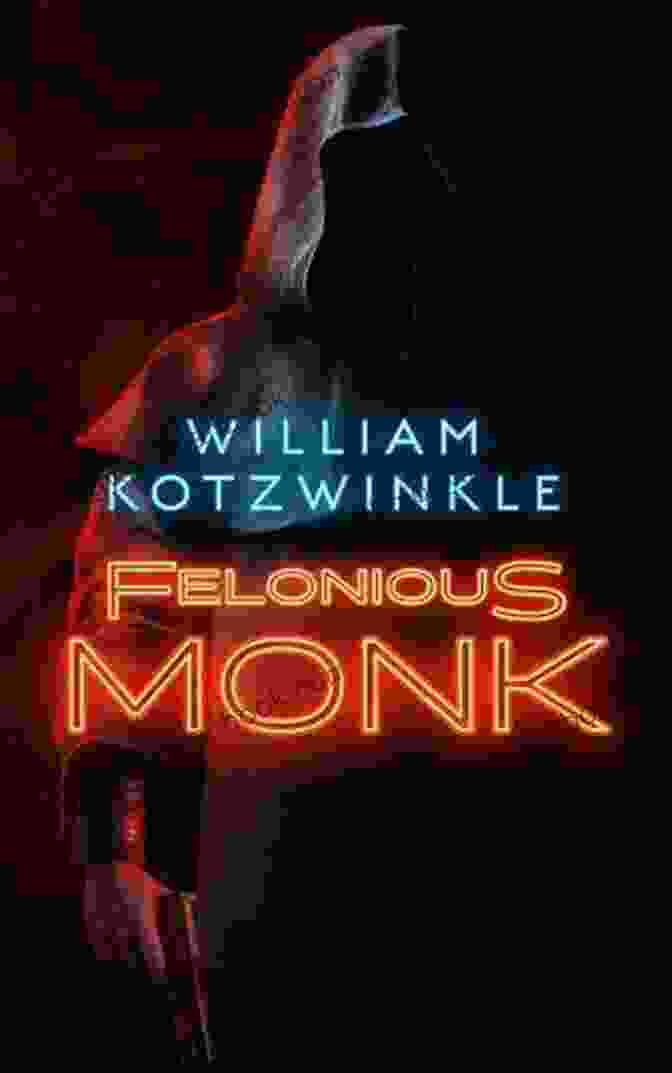
Recommended Readings
- Fata Morgana (1965)
- Balloon Farm (1970)
- The Jesus Rolls (1973)
- The Fan Man (1974)
- The Bear Went Over the Mountain (1996)
- Natural Man (2005)



